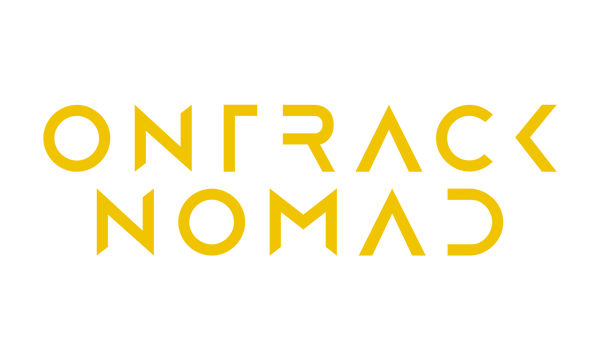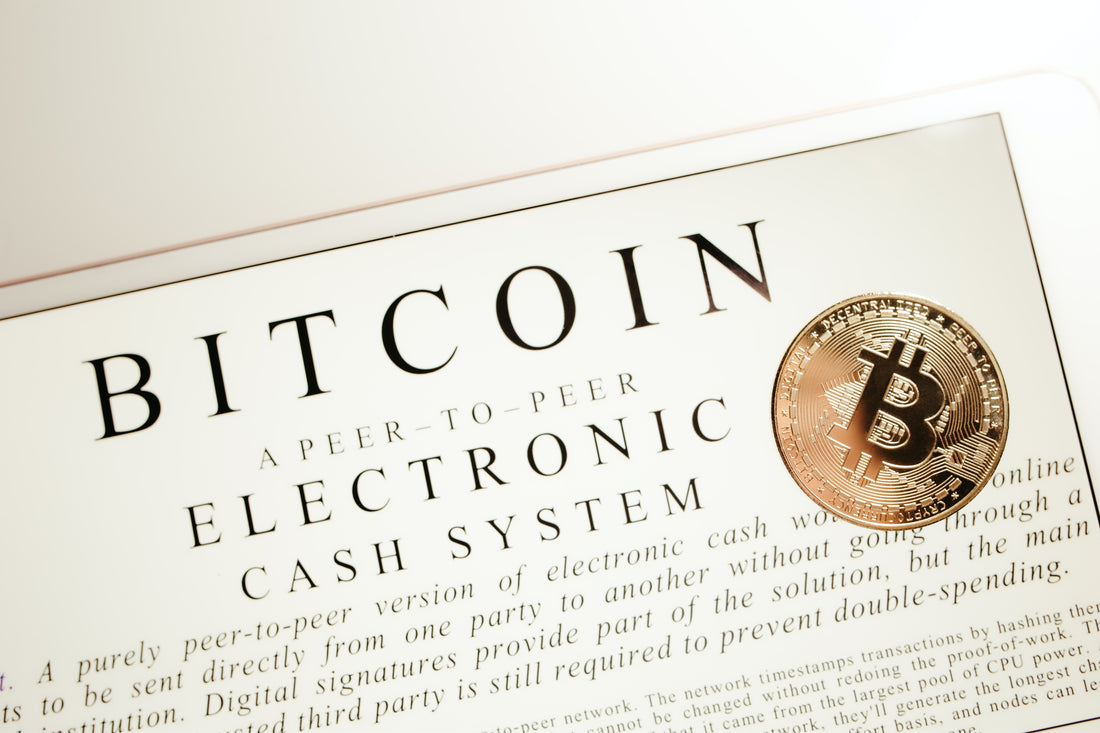In today's digital world, tokens are crucial in various aspects of technology, enabling seamless transactions and secure communication across the internet. From cryptocurrencies to programming languages and online security, tokens are the fundamental building blocks that facilitate efficient and secure interactions. This article will delve into the concept of tokens, exploring what they are and how they are utilized across different domains.
What are Tokens?
Tokens can be best defined as digital units of value or representation used within a specific system or platform. They can take various forms, such as numeric codes, symbols, or even unique characters. The primary purpose of tokens is to transfer and store value securely, ensuring trust and facilitating secure transactions between parties.
Financial Tokens: Cryptocurrencies and Tokens.
One prominent application of tokens is within the realm of cryptocurrencies. Cryptocurrencies like Bitcoin, Ethereum, and Ripple utilize tokens as digital assets that are exchanged digitally and recorded on a blockchain. These tokens serve as a digital representation of value, enabling secure and decentralized transactions between users without the need for intermediaries like banks.
Furthermore, tokens are frequently used within the cryptocurrency ecosystem to power decentralized applications (DApps) and support specific functionalities within a blockchain network. These tokens can be native to a particular blockchain platform or created through token standards like ERC-20 or ERC-721 on the Ethereum blockchain. They enable various use cases such as voting, staking, and access to decentralized services.
Programming Tokens: Language and Syntax.
Tokens also play a vital role in programming languages. In this context, tokens represent the basic units of language syntax. Each token has a specific meaning and function within the language framework, helping programmers communicate instructions to computers effectively. The tokens can include keywords like "if" and "while," data types like "integer" and "string," and operators like "+," "*," and "=." By combining different tokens, programmers can create complex instructions and programs.
Security Tokens: Authorizing Access and Identification.
Tokens are widely used in systems that require authentication and authorization. In such cases, tokens are proof of identity or authorization for a user or a device. For example, when logging into a website or accessing an online service, tokens are generated to authenticate the user's identity and grant them access to specific features or resources. These tokens are often encrypted and time-limited to enhance security and protect against unauthorized access. One familiar example is using OAuth tokens to grant access to third-party applications through platforms like Google or Facebook.
Tokens are the backbone of modern technology, enabling secure transactions, seamless communication, and efficient programming. From cryptocurrencies to programming languages and online security, tokens are essential components that facilitate the functioning of various systems. Understanding the concept of tokens is crucial for anyone navigating the digital landscape, as they underpin many necessary technological advancements. As technology continues to evolve, the use of tokens is expected to expand, revolutionizing industries and providing new opportunities for innovation and growth. So next time you transact with a cryptocurrency, write code or log into a website, remember the underlying power of tokens that makes it all possible.

